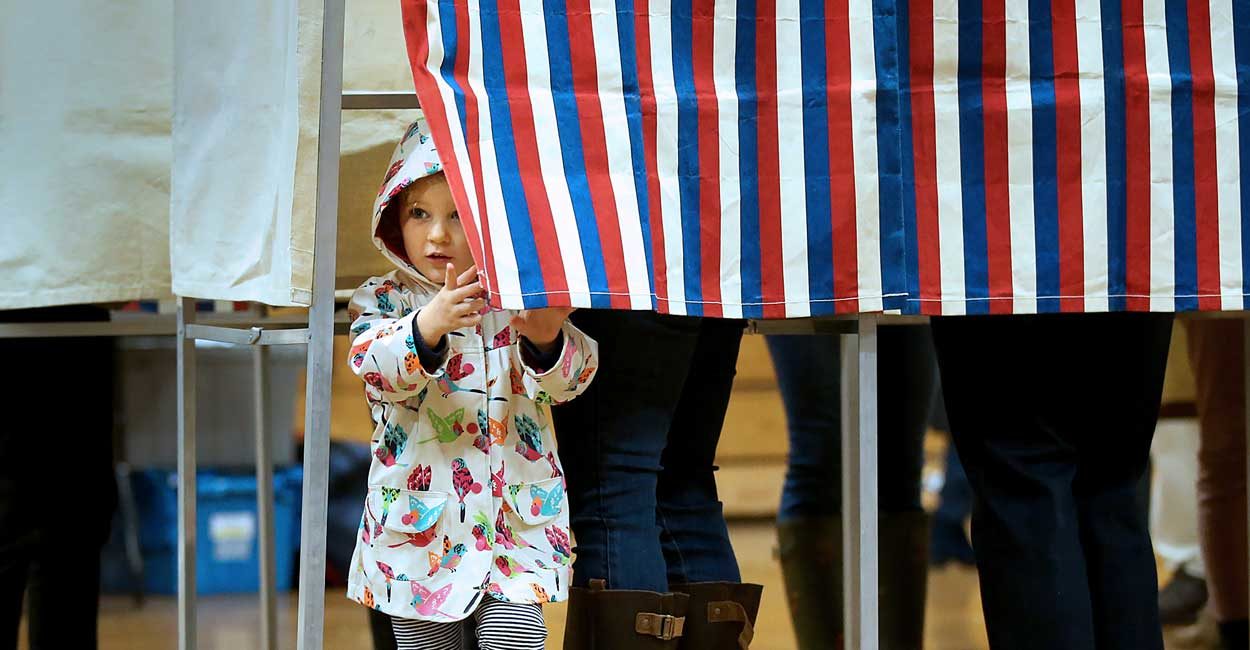Kerby Anderson
One question I hear too often is: Do you think we will ever have fair elections again? The question assumes we had fair elections in the past (not always true) and assumes that the current changes being made in election laws in state legislatures are not enough to fix the problem.
If we could design an electoral system that would make it easy to vote and hard to cheat, what would it look like? Here are a few key principles.
First, go back to in-person voting in each state. Read any of the books written about voter fraud. Most of the examples of voter fraud come from absentee voting and early voting. Voting in person in the privacy of a voting booth eliminates fraud and coercion.
Obviously, some people cannot vote in person. But the altered rules implemented because of COVID concerns should not be repeated. State and local officials have eliminated nearly 21,000 in-person polling places that were active in the 2016 elections.
Second, require voter ID’s. This eliminates the possibility of identity theft. On my radio program, we documented the stories of people who went to the polls only to find out that someone already voted in their place. The newly passed voter integrity laws provide a free photo voter ID to anyone who needs it.
Third, maintain a much better chain of custody. The fewest number of people should be able to handle these ballots. Ballot harvesting invites fraud and even coercion. And sometimes too many people have access to ballots once cast.
Many of these ideas were proposed by the Commission on Federal Election Reform founded by Jimmy Carter and James Baker. They were good ideas twenty years ago. They are good ideas today.
 Listen Online
Listen Online Watch Online
Watch Online Find a Station in Your Area
Find a Station in Your Area








 Listen Now
Listen Now Watch Online
Watch Online
